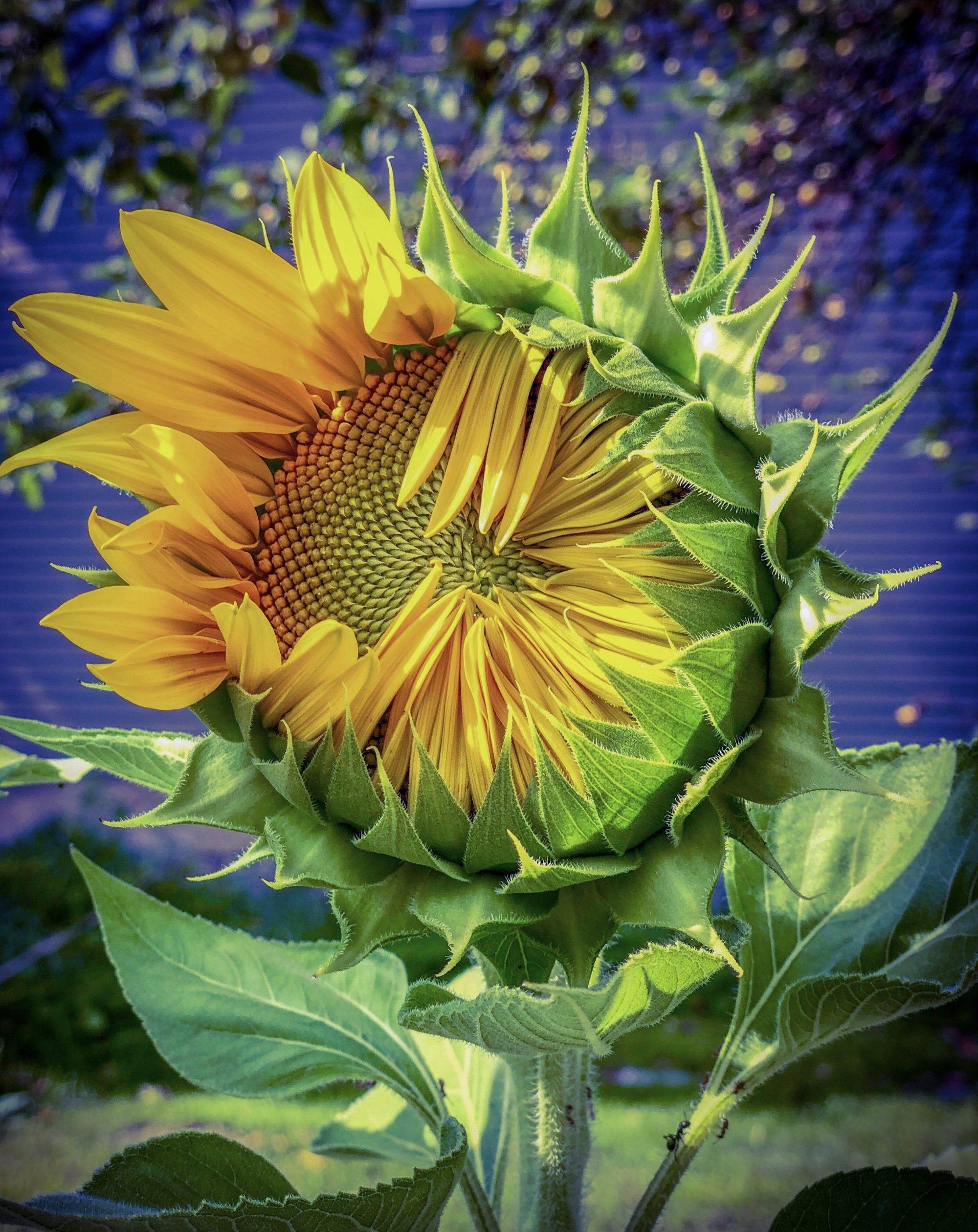I ran across an article this past week. Stephen King tells a story about himself and J.K. Rowling.
They were both being interviewed, at different times, and after her interview, she stormed into their shared waiting room. “They don’t understand what we do, do they? They really don’t understand what we do,” with a few profanities sprinkled in, out of frustration, according to King.
King replied, “No, they don’t.”
The irony amused me, because neither King nor Rowling knows what they do, and they have said so. This is not me pontificating like a know-it-all, this time; this is what they have said, in print. No, they don’t know what they are doing. They just do it. They write. They do it over and over. They do it until it feels or sounds or looks like they have hit that thing waiting for discovery.
Over the past two weeks, I reread King’s stunning “On Writing.” It’s a remarkable book, and I’ve never read a King novel, am not a devoted King reader. But if there were only one book that an aspiring writer could choose to read, in a hypothetical universe where the starry-eyed-would-be-writer may take only one book on writing with them on the road to perdition, it’s that one.
I’ve read a lot of books on writing, especially this past year. It’s part of what I do, as someone who works with these strange marks, collects them in words, lines them up in sentences, organizes these sentences into paragraphs, believing that I am strangling meaning from marks, words, sentences, paragraphs.
When it comes to crafting meaning, I believe writing’s soul is best revealed in Brenda Ueland’s “If You Want To Write: A Book About Art, Independence, And Spirit.”
But the work, the psychology, the habit of writing, the muse’s mystery, to which there is no mystery, King conveys with shining skill. When I write shining skill, read: “work.” Because the reason he’s successful is that he writes every day. He writes and writes and writes. And he writes because he loves it. He doesn’t write for the fame or the glory or the money. He writes because, in his words, “I love it. I fucking love it.”
King has never written anything for money. Only for the writing, the words, the sentences, the paragraphs, the story.
And because he loves it, it’s all about writing, revising, writing, revising, listening, writing some more.
It’s all strange, and nobody who does it knows how it works. I say this because that’s what they say. They being the ones who do this thing called writing, the ones who do it really well, the ones who connect to things bigger than us all, and then bring those things to us.
I have these pages here that I’ve been working on relentlessly for weeks now. Hundreds of pages, gutted, because it wasn’t going where it needed to, wasn’t singing.
King says, “Kill your darlings, kill your darlings.”
Endless hours, numbing at times.
I sacrificed the children for the greater good. Art. Clarity. Story. Meaning. I’m not certain for what yet, but the darlings are dead. In the age of word processing, there isn’t even a wastebasket full of paper.
But there was a moment after said death squad visits, that I returned to the page, a day or two later, after letting the survivors breathe, and I had no idea know where some of this stuff came from. I know that I didn’t write it, I didn’t recognize a word.
There’s someone running around my apartment who has some skill . . .
I haven’t a clue where they are hiding.
